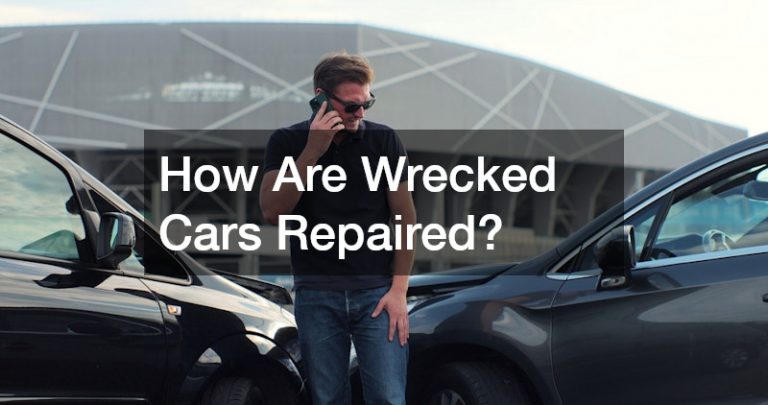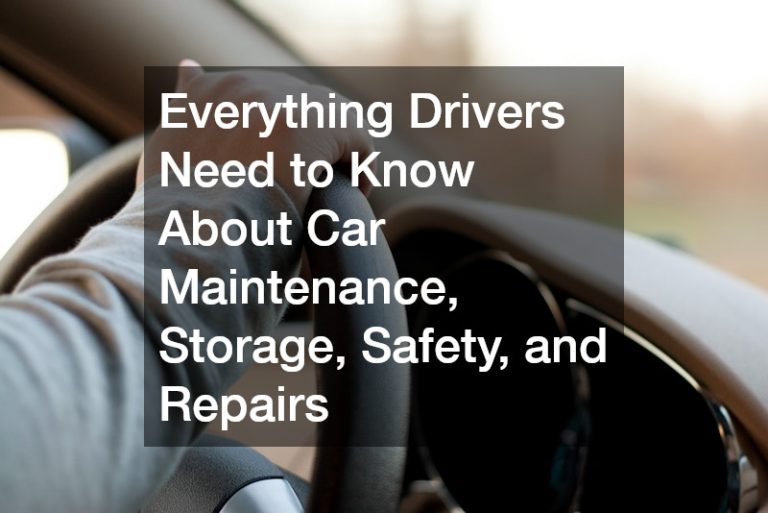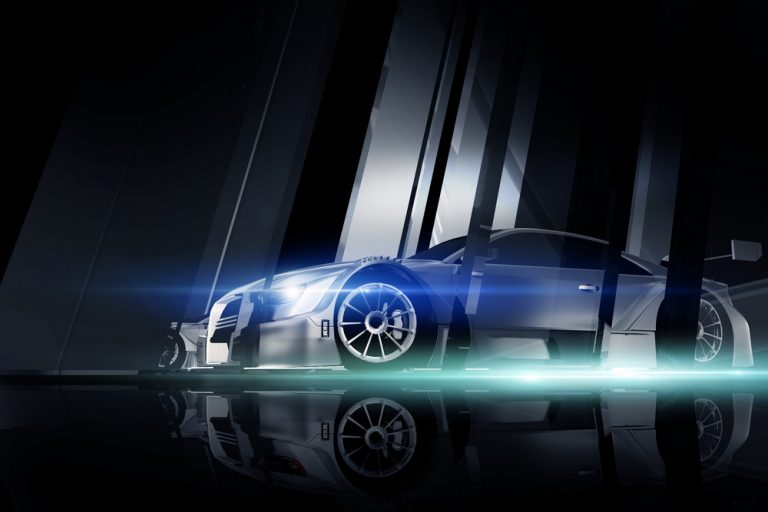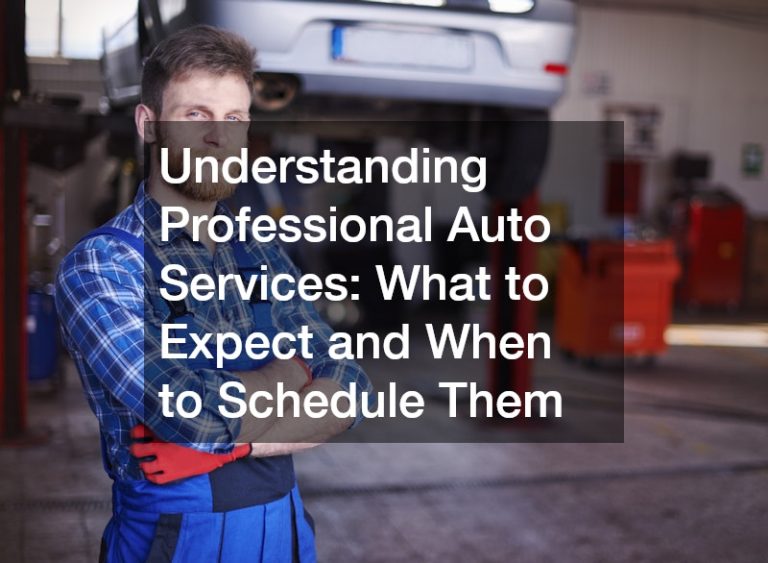


Hybrid cars have become a popular choice for drivers here in America, with nearly 5 million sold in 2013 alone. Their appeal is simple: 20 to 35% higher fuel economy than regular gas-powered autos and far more miles per gallon than any other type of car on the market. On top of all that, hybrid cars are better for the environment, too, decreasing the number of harmful emissions by up to 30% on average.
But if all that’s true, why don’t automakers simply manufacture all their cars to become hybrids? For one thing, the market isn’t ready for a full hybrid takeover just yet. But the main reason is because despite all the best engineering and designing, hybrids still have one fatal flaw that might set people back if they’re planning to pick one up for their next vehicle. And that flaw is the hybrid battery.
Batteries in hybrid cars work a bit differently than those in normal vehicles, and it’s this disparity that often leaves people unsure of the cars in the long run. For example, most hybrid drivers will have to replace their auto’s battery pack within six to 10 years after purchase. Why? As it turns out, it’s all the in engineering.
Understanding the Design
Hybrid batteries are equipped to power the car’s electric motor, which can propel the car while it travels at slower speeds. What this does is save the fuel levels inside the tank by putting less pressure on the gas engine, meaning the car can effectively run on less fuel. And when you’ve stopped moving forward in a hybrid car, the gas engine shuts off completely, and the car draws power only from its electric battery. Sounds almost too good to be true, doesn’t it? As some studies have suggested, it actually might be.
Understanding the Flaws
Of course, batteries in hybrid cars make perfect sense in theory, but what about in practice? Take the story of Andrew Grant, who drove a Toyota Prius hybrid taxi cab in Vancouver for three years. After that time, the car had logged nearly 200,000 miles and hadn’t experienced any major problems. That should be proof positive that hybrid technology is flawless, but try asking a driver who’s had a Prius or a Honda Insight hybrid for more than eight or 10 years. Most point to battery problems right off the bat.
That’s because the batteries in hybrid cars still aren’t being manufactured to operate well past that six- to 10-year mark. It’s not intentional on the part of the automakers, though; it’s simply just a matter of working out the bugs. Until those bugs are worked out, however, you could be stuck with a $4,000 bill for battery replacement, unless you can find a third-party replacement retailer, of course.
The Takeaway
All in all, hybrid cars are gaining in popularity and for good reason. They’re quiet, sleek and perform well in both city and highway conditions. Just don’t expect them to last forever — not yet, anyway. If you’re gearing up to buy a hybrid, line up a backup plan for your battery well in advance. Otherwise, you just might be left in the dust. More research here.





